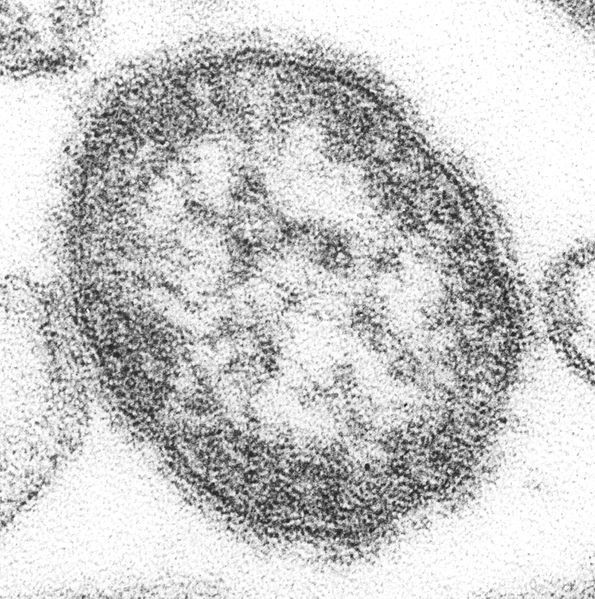Five Things You Need To Know About the Measles Vaccine That Could Kill Cancer

Researches at the Mayo Clinic released a study showing that a dose of the measles vaccines, large enough to inoculate 10 million people, put 50-year-old Stacy Erholtz’s into remission from her incurable blood cancer.
“Without trying to hype it too much, it is a very significant discovery,” Dr. John C. Bell of the Centre for Innovative Cancer Research in Ottawa told the Star Tribue. Here is the abridged version of what you need to know about the landmark discovery:
1.Researchers used "Virotherapy"
Basically, this means doctors have to infect cancerous cells to the point of killing them, all while keeping the good cells alive. For the purpose of this study, the huge dose was delivered intravenously so that it would attack cancerous cells. Researches discovered that “the measles virus actually wipe out certain types of myeloma cancer cells,” according to the Blaze.
2.Patients were chosen based on their susceptibility to the measles virus
Two patients were tested in the trial and they were selected because they had almost not exposure to measles in the past, meaning they had few antibodies ready to fight off the infection. The measles virus is a respiratory infection that can cause total-body rash and flu-like symptoms. Due to the fact that the vaccine is recommended for children between the 12 and 15 months and then again between the ages of 4 and 6 years in the United States, most people have some kind of immunity to the virus. According to immunize.org, only 2 to 5 percent of those who received the vaccination do fail to build an immunity. However, 20 million cases of the measles are reported every year across the globe.
3.Researches think they can get around the immunity issue.
According to the Star Tribune, the Mayo Clinic is considering a way to “bypass the immune system by taking a patient’s cells and converting them into Trojan horses.” The virus would be put directly into the cells and then put back into the bloodstream to attack the infected areas.
4.We’ve known for a while that certain viruses can kill cancerous cells.
However, so far the tests have only been done on rodents. These cancer-killing viruses are called oncolytic viruses. They actually prefer to infect cancer cells rather than healthy cells. In addition to the measles virus, some other onclytic viruses include herpes and poxvirus.
5.It’s a start, but researches are not done yet.
The Mayo Clinic told the Star Tribune that the next step is to see if the treatment will work on a larger number of people. They expect to start tests in September.
© Copyright IBTimes 2025. All rights reserved.






















